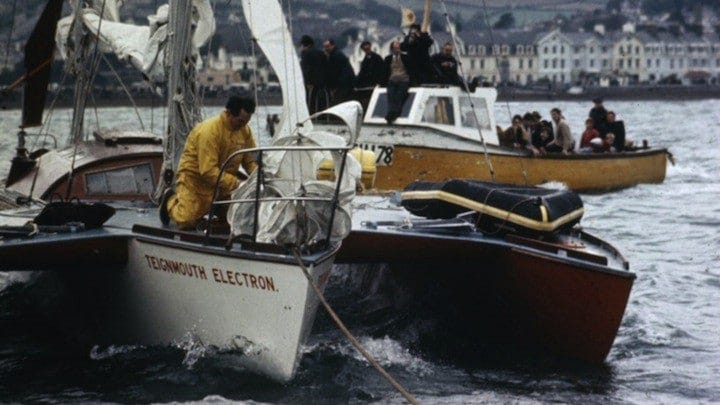The Doc Option: Instead of ‘All is Lost,’ Watch ‘Deep Water’

Currently in theaters is All is Lost, a one-man play starring Robert Redford as a nameless man adrift on a yacht in the ocean. The film has earned rave reviews for Redford’s studied, nearly wordless performance, its cinematography and its existential tone. But I couldn’t appreciate it as much more than a well-told survival story. It doesn’t help that, a…
Keep reading with a 7-day free trial
Subscribe to Nonfics to keep reading this post and get 7 days of free access to the full post archives.



